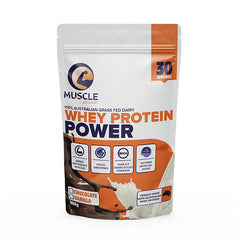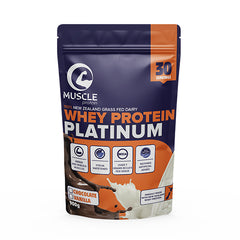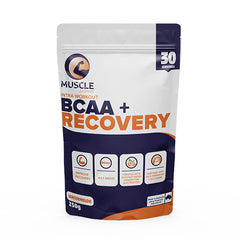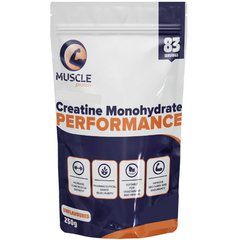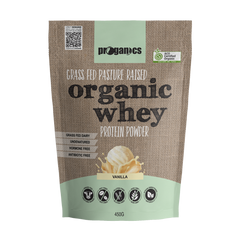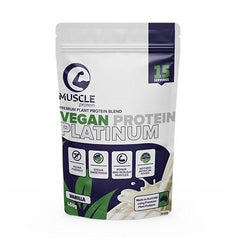What Is Calorie Deficit? Weight Loss Facts
If you've heard of ways to lose weight, you'll hear the term calorie deficit a lot. But when it comes to weight loss, what is calorie deficit? And how does it work to aid in weight loss?
Calories play a vital role in fuelling your body and weight loss. According to Medical News Today:
A calorie is a unit of energy. In nutrition, calories refer to the energy people get from the food and drink they consume, and the energy they use in physical activity.
But wait, what's the difference between kilojoules and calories?
There isn't actually any difference besides the terminology. They're two different ways of measuring the energy contained in food and the energy we expend. The science community prefers to use kilojoules (kjs), but the general public like to use calories (cals) when talking about food, weight loss, dieting and apps.
The general advice for the average Australian adult is for people to consume 8700kjs a day, or 2000 cals. However, this a very broad guide and doesn't factor in lifestyle, body types, age, height, hormones, fitness activity and more.
So what is calorie deficit?
Calorie deficits occur when you consume less energy than you burn. Our bodies burn calories naturally at rest, so while you're typing away at work, walking to the bus stop, cooking up your meal etc., you're still burning calories.
Your body has a rough guideline on how much calories it should be consuming to maintain your weight. However, if you decrease how much you consume or exercise (which burns calories), it will help you to lose weight.
Although it seems like the lower the calories, the more you'll lose weight - however this isn't the case. Studies show that you should never dip below 1,200 calories. "Most women, unless they are very small, will burn more calories than that doing literally nothing" says registered dietician nutritionist Johnathan Valdez, so any less than that can harm your progress and body.
“Less than that and you could shock your body into starvation mode, which will slow your metabolism, decrease your muscle mass, and likely keep you from getting the nutrients you need to sustain daily activity.”
So if you go too low, you could actually harm your weight loss. Who knew?
Oh okay, so how much should I be consuming to lose weight?
As we mentioned, it's hard to find a specific amount as everyone is so different. The general consensus says to consume about 500 cals less than your suggested calorie intake which should give you about 0.5kgs weight loss per week, which is more sustainable for a long-term weight loss.
However, if you are also combining exercise, you can consume more calories with only a 250 cals deficit, as you are burning off extra calories through exercise.
Muscle Protein's Whey Power and Vegan Platinum help to put you in a calorie deficit as our shakes are low in calories, but help to keep you feeling fuller for longer.
You can look up online tools to see how much calories you should be taking.
Information gathered from Women's Health Au, Huffington Post and Queensland Health.



